Irish Natura and Hill Farmers Association (INHFA) president Vincent Roddy has cautioned that Ireland’s rural economy will be affected should there be any reduction in agricultural output under the carbon emissions reduction target of 25%.
He said this is “something that many rural businesses have not yet woken up to and my hope is that they recognise how this is a battle for them, just as much as it is for our farmers.”
In a letter sent to Minister Eamon Ryan earlier this week, the INHFA president questioned “why land use was separated from agriculture output and why the science supporting extensively grazed farming systems is being sidelined as we drive a simplistic view that will deliver nothing in terms of reducing global emissions.”
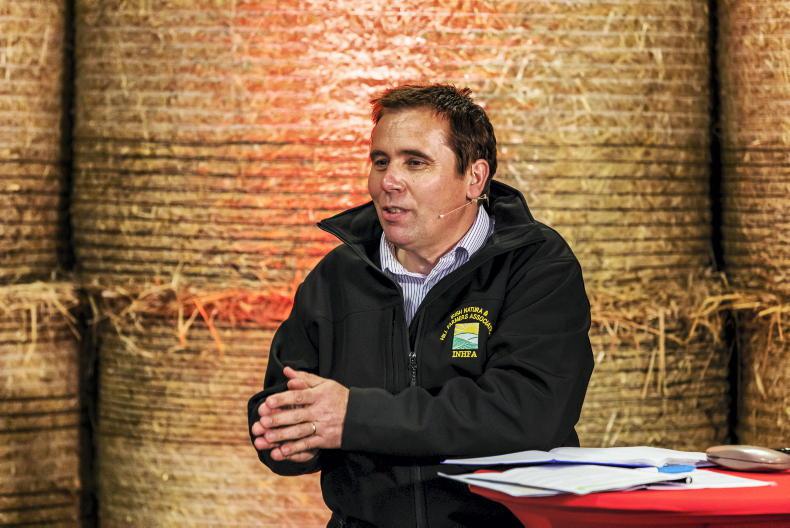
INHFA President Vincent Roddy\ Philip Doyle
On the issue of supporting farmers to reduce output, Roddy was of the view that while promises will be made, any farmer would be foolish to think these promises will be kept.
In relation to this, he pointed to the restrictions imposed on farmers through the designation of the Natura 2000 network.
“Here we see land devalued and income opportunities diminished and despite promises to address these losses, farmers have seen payment rates reduced under the various agri-environment schemes.
"These have fallen from €242/ha in REPS to €150/ha in AEOS, to €79/ha in GLAS and in the new ACRES, there is no proposed payment for farmers with designated SAC or SPA lands.”
A spokesperson for the Irish Grain Growers (IGG) group has said the 25% target makes an irrevocable case now to place substantial investment in the tillage sector at farmgate level and beyond.
“The crops we grow on our farms have practically carbon-neutral status, according to recent Teagasc research."
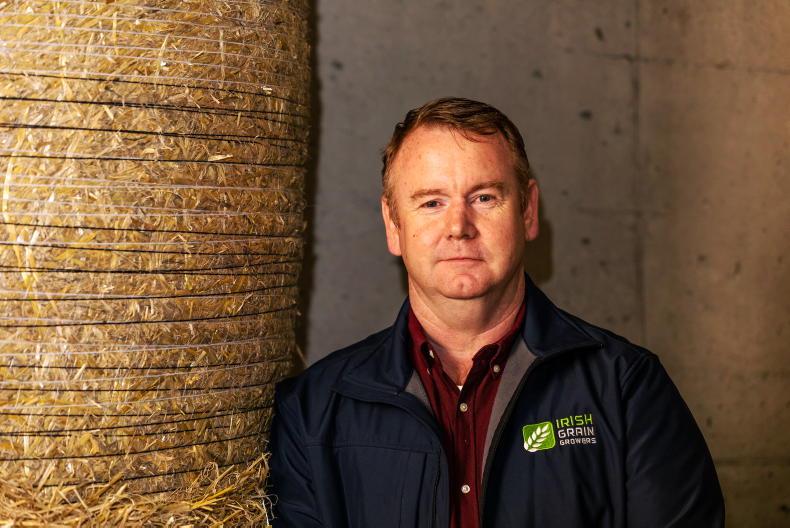
Irish Grain Growers Group chair Bobby \ Philip Doyle
“However, increasing the tillage area will only happen if the financial rewards are there for both current dedicated tillage farmers and those with land suitable for tillage. Irish Grain Growers know that opportunities are there to make this happen.
“The likes of Bord Bia have the research available to prove opportunity exists, but is there a willingness from Government and the agricultural industry in general to invest in tillage and in turn help reach climate change targets?” the group said.
The current Minister for Agriculture Charlie McConalogue is aware of its potential and is responding, IGG said.
However, more of his TD colleagues need to educate themselves on the climate change benefits that Irish tillage has when putting action plans in place in the coming months.
“The new CAP reform is going to hit the tillage sector hardest, a negative step being put in place by our Government in the climate fight,” it added.
Irish Co-operative Organisation Society
The Irish Co-operative Organisation Society (ICOS) has said it is extremely concerned by a 25% target without a coherent plan from Government for its delivery.
ICOS president James O'Donnell said that the society recognises the responsibility to reduce emissions to prevent global climate change.
“That said, the goal of reducing emissions must be balanced against the need to protect food security and the viability of our rural businesses and communities."
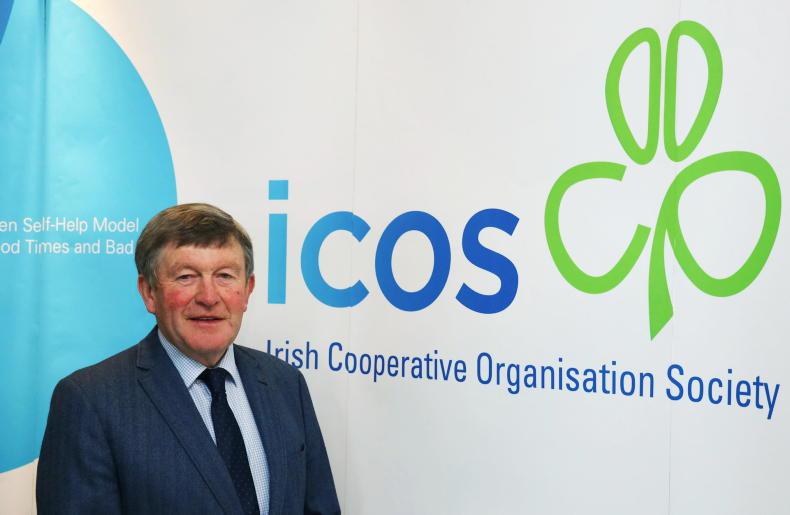
James O'Donnell ICOS president
“The target set is legally binding and must be met by the sector. This will result in significant change at farm and co-op level as a result.
"We need to be honest about the implications. Unfortunately, again we see a target established without a concrete plan as to how the target will be achieved.
“The reality is that there isn’t a clear pathway to a 25% reduction in emissions from agriculture without new technologies and innovation.
“Co-ops are responsible businesses and we have an important role in supporting and helping our shareholders with our sustainability goals, which we are currently doing and this will intensify over the coming period.
"There are measures that we need to progress urgently such as the widespread use of protected urea in the short to medium term for example.
“However, be in no doubt. The odds are stacked against agriculture in its efforts to reduce emissions as the current accounting framework for emissions is not fit for purpose,” he said.
Irish Natura and Hill Farmers Association (INHFA) president Vincent Roddy has cautioned that Ireland’s rural economy will be affected should there be any reduction in agricultural output under the carbon emissions reduction target of 25%.
He said this is “something that many rural businesses have not yet woken up to and my hope is that they recognise how this is a battle for them, just as much as it is for our farmers.”
In a letter sent to Minister Eamon Ryan earlier this week, the INHFA president questioned “why land use was separated from agriculture output and why the science supporting extensively grazed farming systems is being sidelined as we drive a simplistic view that will deliver nothing in terms of reducing global emissions.”

INHFA President Vincent Roddy\ Philip Doyle
On the issue of supporting farmers to reduce output, Roddy was of the view that while promises will be made, any farmer would be foolish to think these promises will be kept.
In relation to this, he pointed to the restrictions imposed on farmers through the designation of the Natura 2000 network.
“Here we see land devalued and income opportunities diminished and despite promises to address these losses, farmers have seen payment rates reduced under the various agri-environment schemes.
"These have fallen from €242/ha in REPS to €150/ha in AEOS, to €79/ha in GLAS and in the new ACRES, there is no proposed payment for farmers with designated SAC or SPA lands.”
A spokesperson for the Irish Grain Growers (IGG) group has said the 25% target makes an irrevocable case now to place substantial investment in the tillage sector at farmgate level and beyond.
“The crops we grow on our farms have practically carbon-neutral status, according to recent Teagasc research."

Irish Grain Growers Group chair Bobby \ Philip Doyle
“However, increasing the tillage area will only happen if the financial rewards are there for both current dedicated tillage farmers and those with land suitable for tillage. Irish Grain Growers know that opportunities are there to make this happen.
“The likes of Bord Bia have the research available to prove opportunity exists, but is there a willingness from Government and the agricultural industry in general to invest in tillage and in turn help reach climate change targets?” the group said.
The current Minister for Agriculture Charlie McConalogue is aware of its potential and is responding, IGG said.
However, more of his TD colleagues need to educate themselves on the climate change benefits that Irish tillage has when putting action plans in place in the coming months.
“The new CAP reform is going to hit the tillage sector hardest, a negative step being put in place by our Government in the climate fight,” it added.
Irish Co-operative Organisation Society
The Irish Co-operative Organisation Society (ICOS) has said it is extremely concerned by a 25% target without a coherent plan from Government for its delivery.
ICOS president James O'Donnell said that the society recognises the responsibility to reduce emissions to prevent global climate change.
“That said, the goal of reducing emissions must be balanced against the need to protect food security and the viability of our rural businesses and communities."

James O'Donnell ICOS president
“The target set is legally binding and must be met by the sector. This will result in significant change at farm and co-op level as a result.
"We need to be honest about the implications. Unfortunately, again we see a target established without a concrete plan as to how the target will be achieved.
“The reality is that there isn’t a clear pathway to a 25% reduction in emissions from agriculture without new technologies and innovation.
“Co-ops are responsible businesses and we have an important role in supporting and helping our shareholders with our sustainability goals, which we are currently doing and this will intensify over the coming period.
"There are measures that we need to progress urgently such as the widespread use of protected urea in the short to medium term for example.
“However, be in no doubt. The odds are stacked against agriculture in its efforts to reduce emissions as the current accounting framework for emissions is not fit for purpose,” he said.






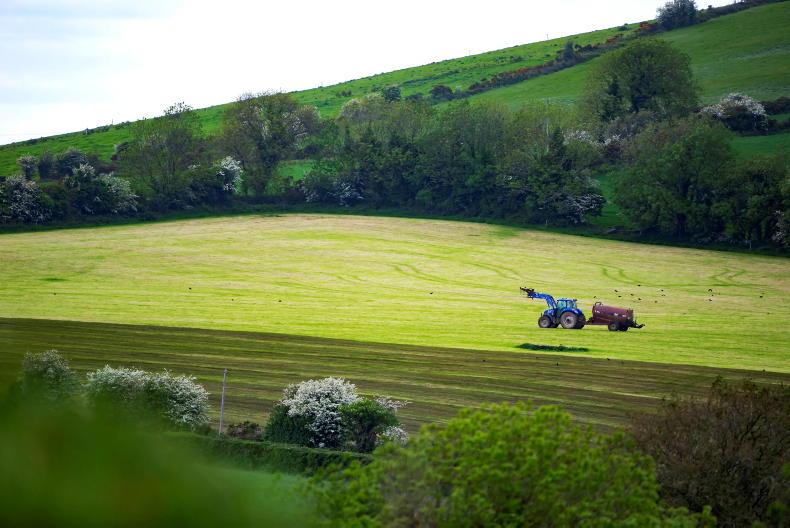
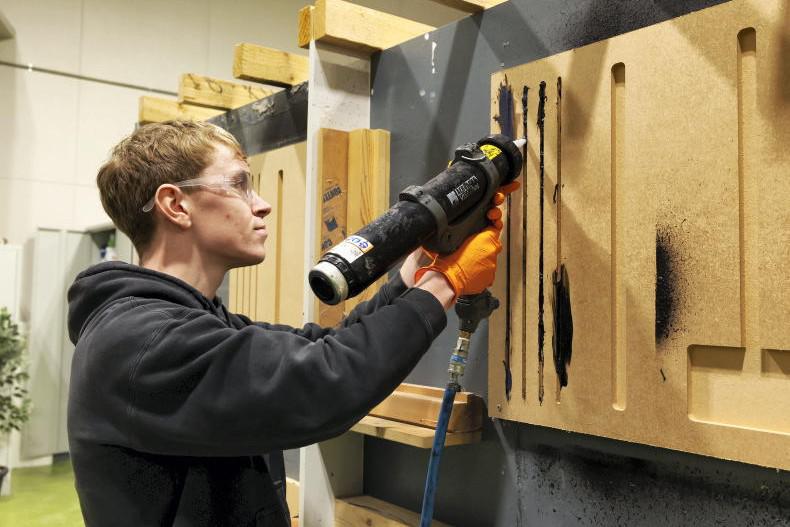
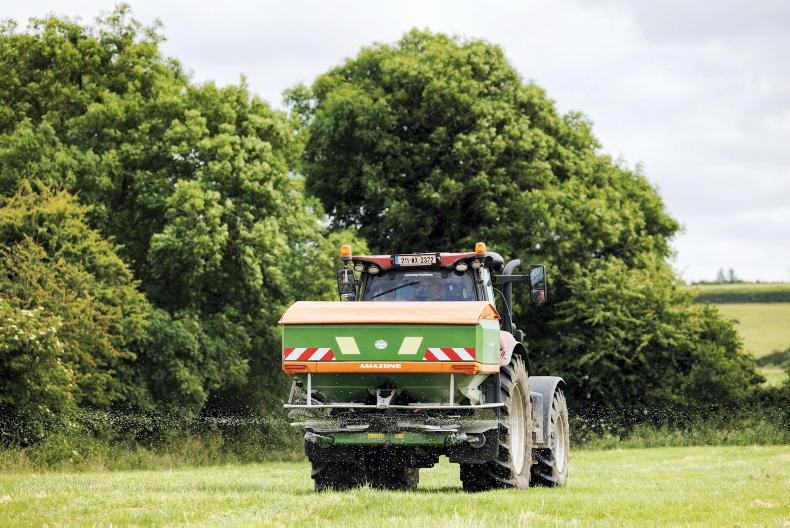


SHARING OPTIONS